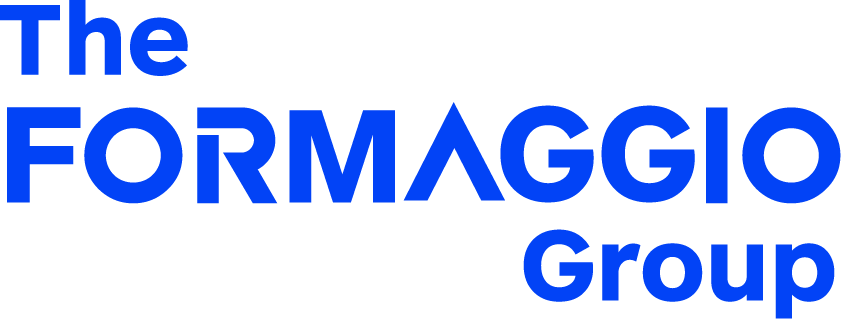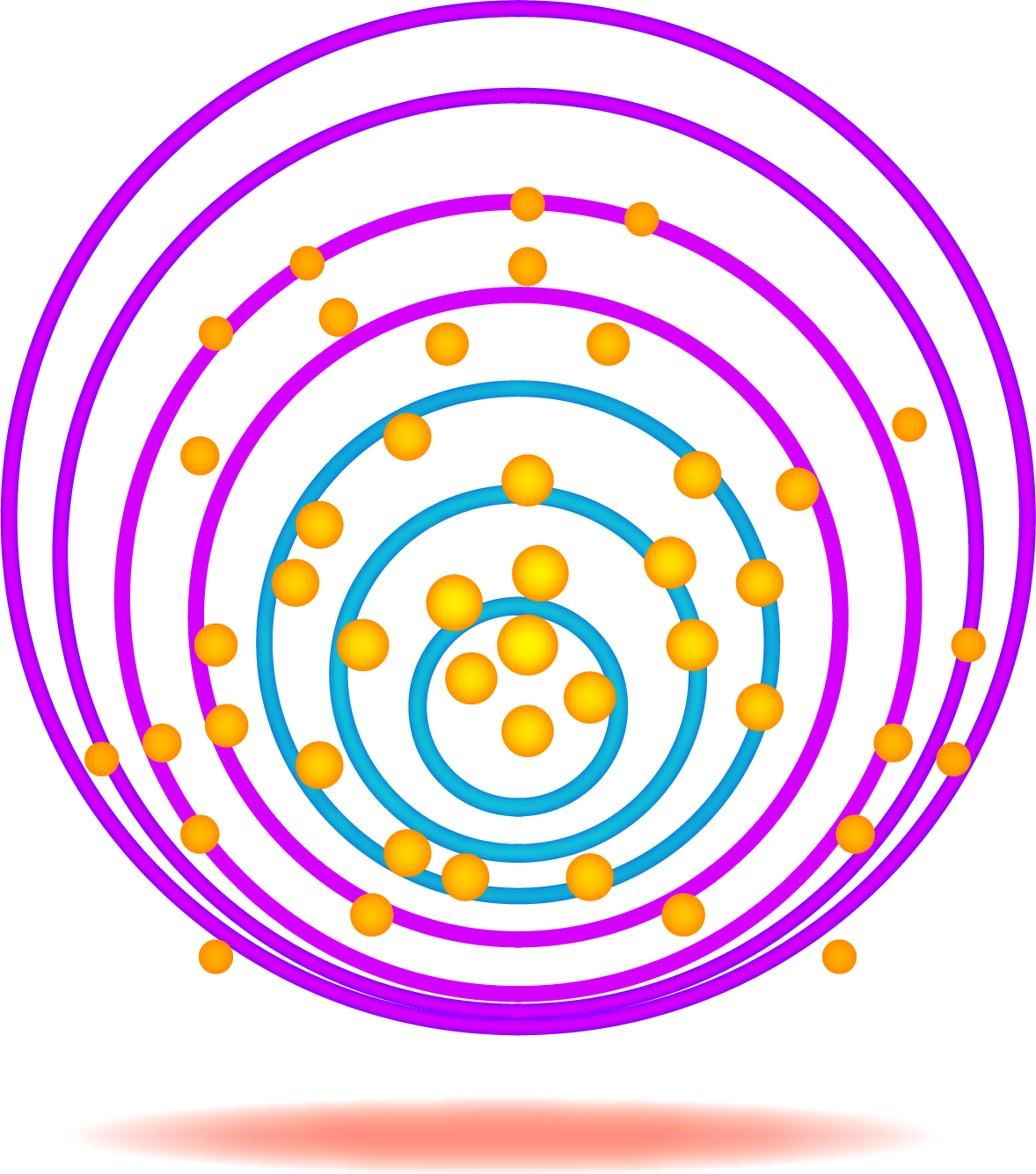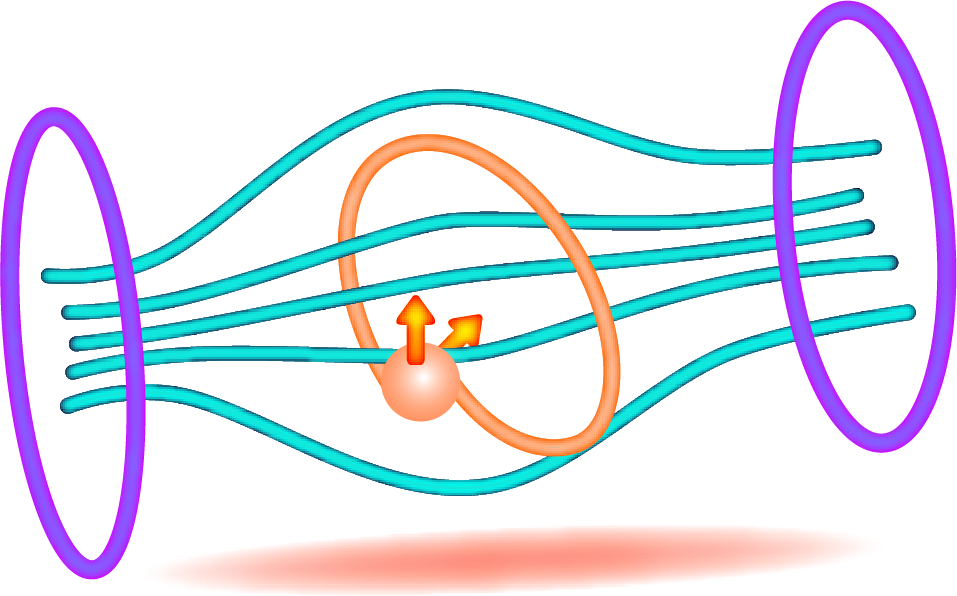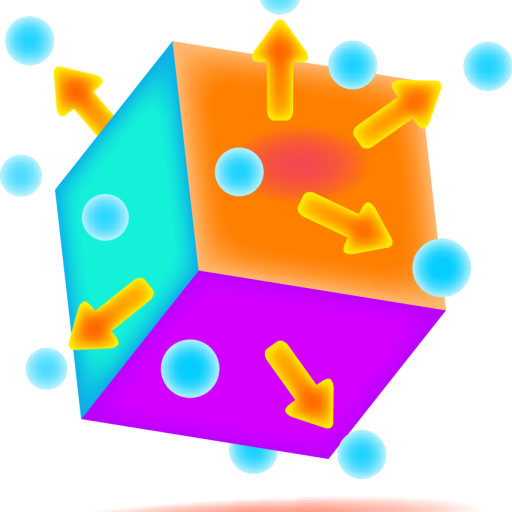The Formaggio Group
EXPERIMENTS
The Formaggio group is active in a number of different experiments, each dedicated to better understand the elusive properties of neutrinos. These experiments include KATRIN, Ricochet, and Project 8, as well as other efforts that aim to gain understanding of these elusive cosmic particles.
The Neutrino and Dark Matter Group at MIT is more than just about neutrinos, or dark matter. The consortium of three faculty members (Conrad, Formaggio, and Winslow) are focused on understanding the properties of some of the most elusive particles in the Universe. The group is involved in understanding questions regarding the scale and nature neutrino mass and the origins of the matter/anti-matter asymmetry in the Universe. It is involved in particles from terrestrial sources and from the cosmos. They range in size from complete ice sheaths to detectors that fit in the palm of your hand.
The NuDM Group
at MIT
The Conrad Research Group
(MiniBooNE and MicroBooNE, IceCUBE, IsoDAR and DAEνALUS)
The Formaggio Group
(KATRIN, Project 8, Ricochet)
The Winslow Group
(CUORE, KamLAND-Zen, ABRACADABRA, CUPID)
Katrin
(The Karlsruhe Neutrino Mass Experiment):
The KATRIN experiment is designed to measure the effective mass of the electron neutrino down to 200 meV. Based in Germany, KATRIN makes use of the well-developed technology of magnetic adiabatic collimation with electrostatic filtering to study the endpoint energy of tritium beta decay.
To learn more about KATRIN, see the following article.
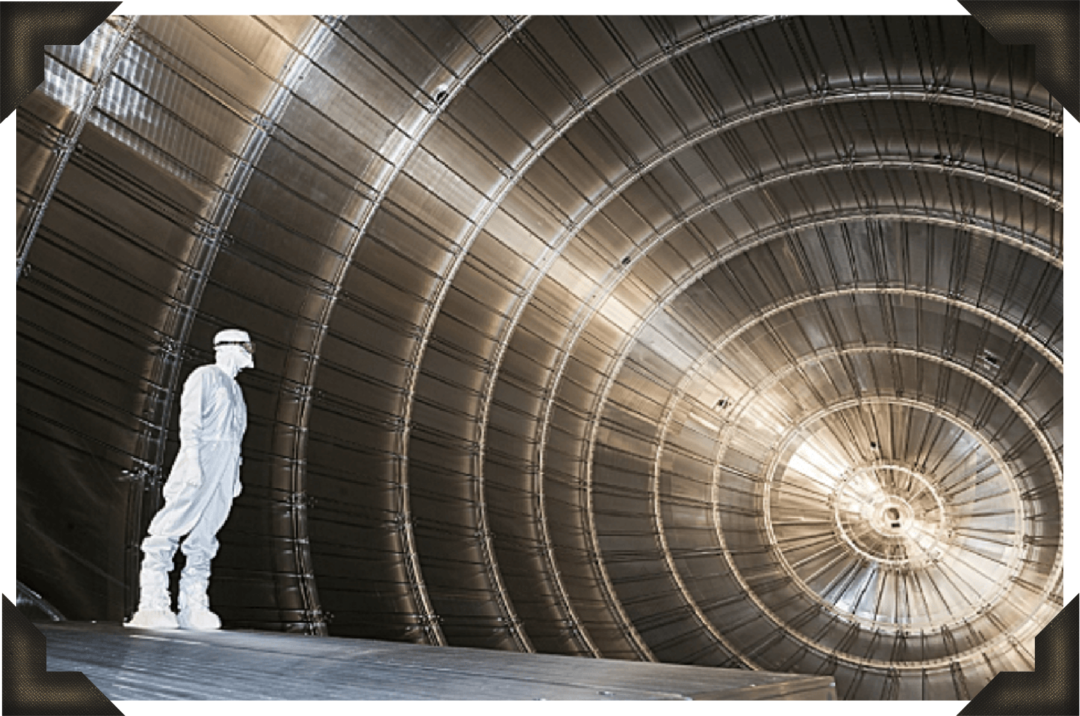
Project 8
Project 8 is a next-generation tritium beta decay experiment that makes use of frequency to measure electron energies. Using the technique of Cyclotron Radiation Emission Spectroscopy (CRES), Project 8 aims to eventually push measurements of the neutrino mass down to the inverted ordering (40 meV).
To learn more about Project 8, see also the following article.
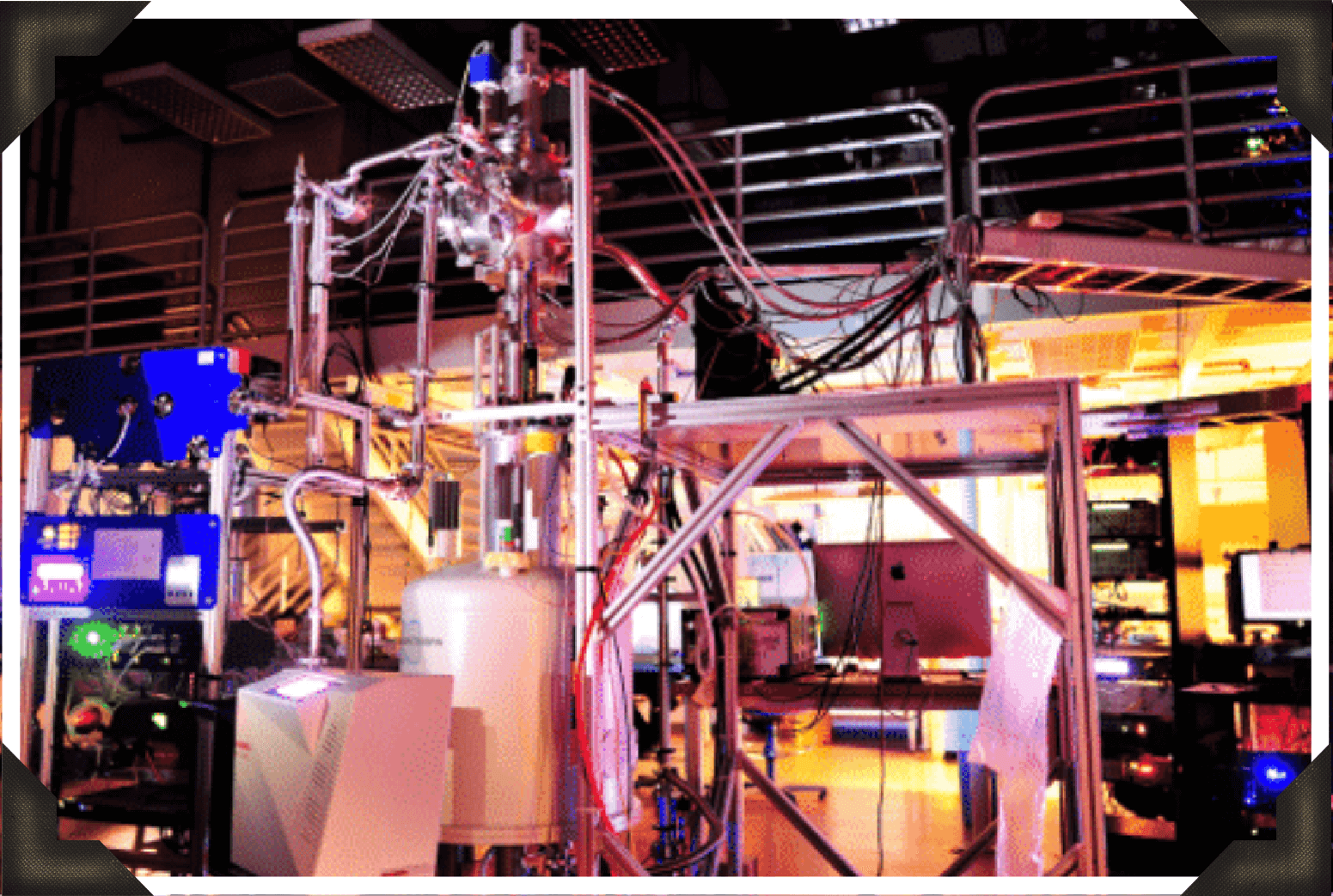
Ricochet
Ricochet is a US-French experiment aimed at detecting neutrinos using the process of Coherent Elastic Neutrino-Nucleus Scattering (CENNS). It uses the ILL reactor in Grenoble, France as its source. In order to detect the small recoil energies from the CENNS process, Ricochet makes use of detectors cooled to extremely low temperatures (15 mK). Ricochet opens the door to a myriad of different physics, including tests of the Standard Model, searching for sterile neutrinos, and searching for new particles such as axions.
To learn more about Ricochet, see the following paper.
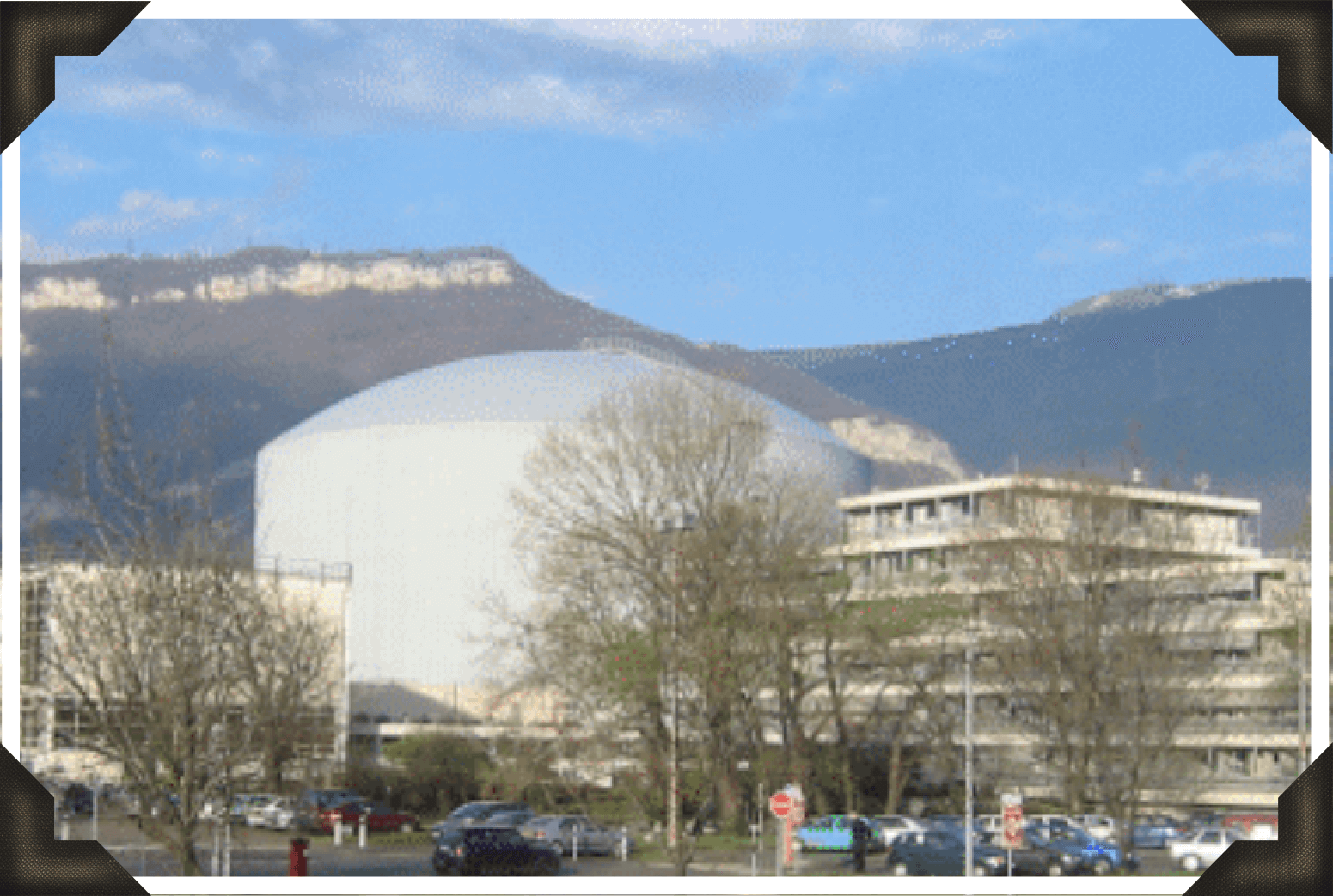
Radiation & Qubits
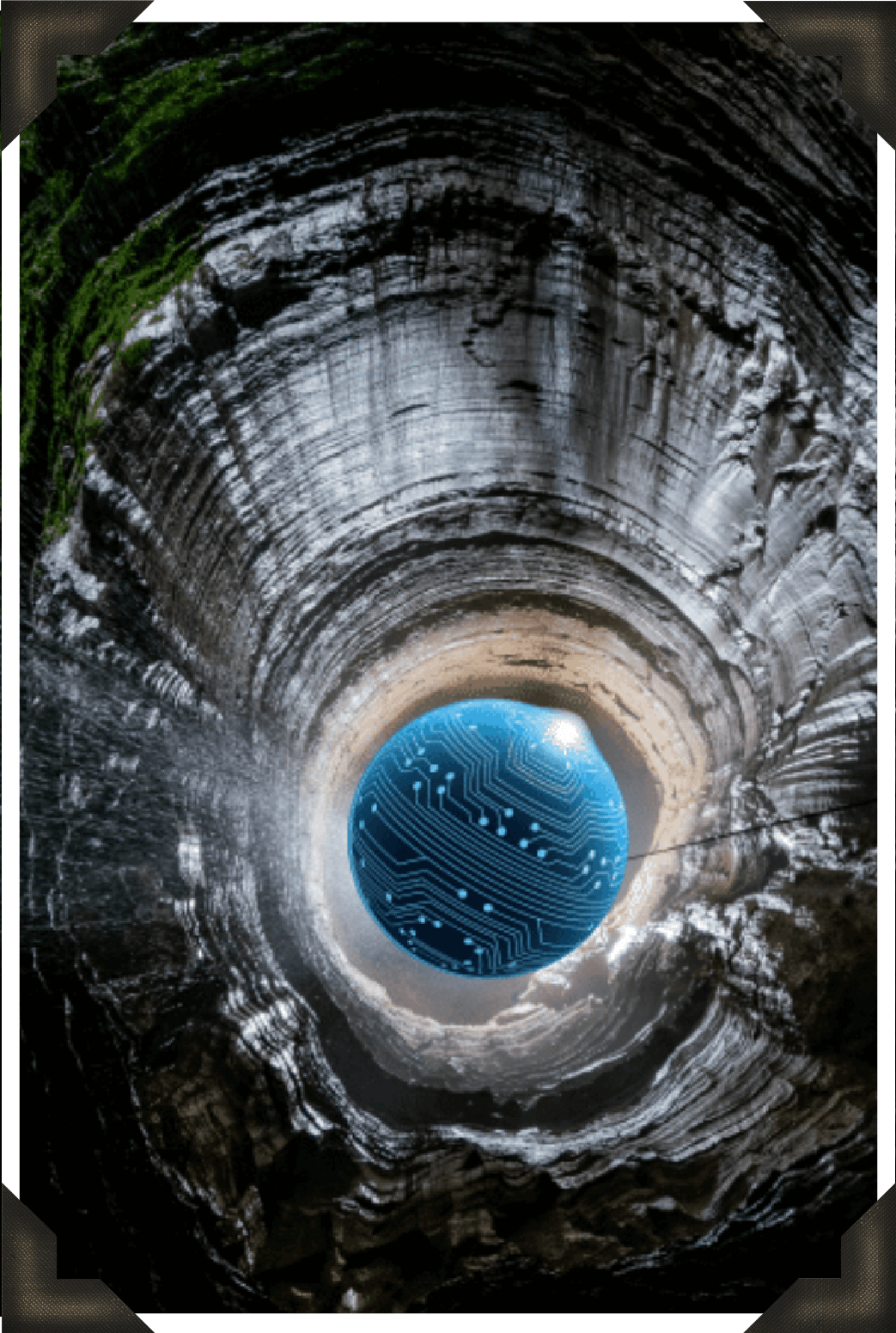
Raditation & Qubits
For many years, the Formaggio group has been involved in the Sudbury Neutrino Observatory (SNO). In 2014, Art McDonald (head of the SNO project) was awarded the Nobel Prize in Physics jointly with Takaaki_Kajita for the discovery of neutrino oscillations, which shows that neutrinos have mass.
The Formaggio group also explores the interplay between quantum-limited sensors and qubits with environmental background radiation. In particular, they explore how such radiation can impact and limit quantum computers.
Finally, the Formaggio group studies the interplay between neutrinos and cosmology, understanding neutrino cross-sections, and using neutrinos to tests the fundamental principles of quantum mechanics.
Massachusetts Institute of Technology
Laboratory for Nuclear Science
77 Massachusetts Avenue, 26-505
Cambridge, MA 02139-4307
Joseph Formaggio
Professor of Physics
Division Head Experimental Nuclear and Particle Physics
Assistant: Anna Maria Convertino
Contact



To help us make the Formaggio website a positive place for everyone, we’ve been using the Web Content Accessibility Guidelines (WCAG) 2.1. These guidelines explain how to make web content more accessible for people with disabilities, and user friendly for everyone. The guidelines have three levels of accessibility (A, AA and AAA). We’ve chosen Level AA as the target for the Formaggio Group website.
We've worked hard on the Formaggio Lab website and believe we've achieved our goal of Level AA accessibility. We monitor the website regularly to maintain this, but if you do find any problems, please get in touch by visiting https://accessibility.mit.edu
© 2024 Joseph Formaggio, Formaggio Neutrino Group, Massachusetts Institute of Technology
